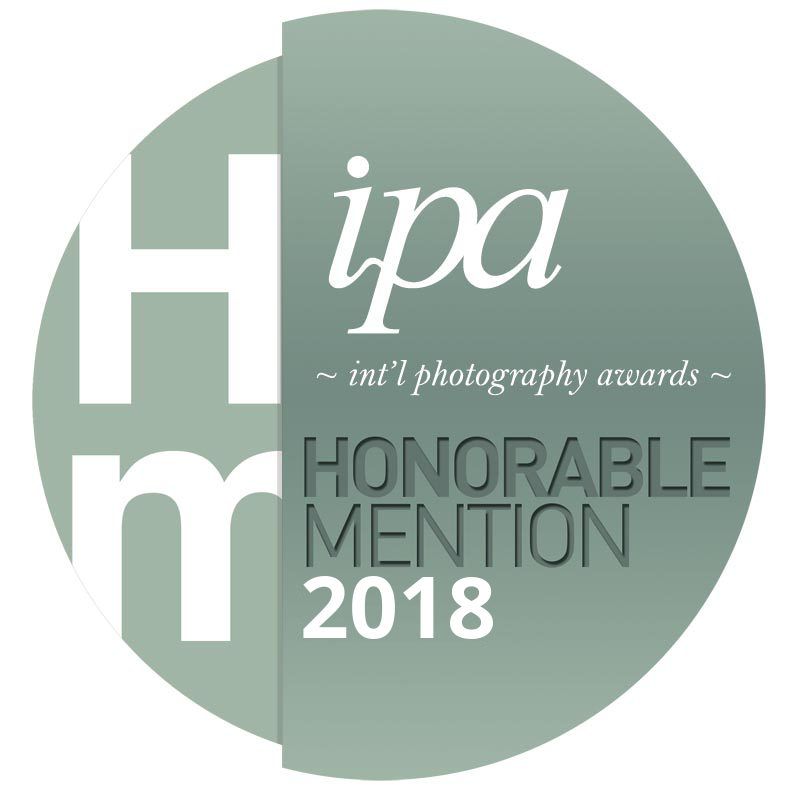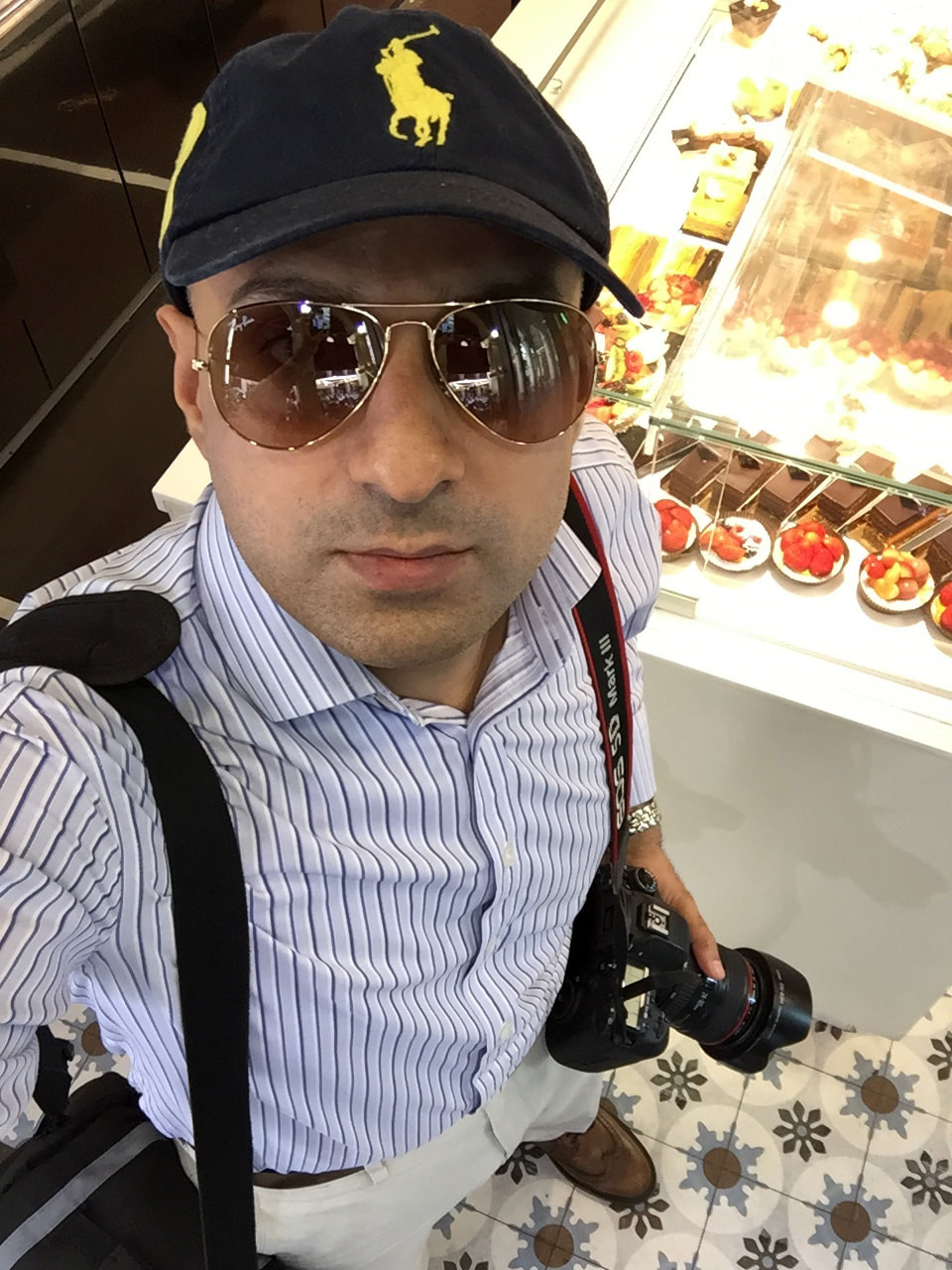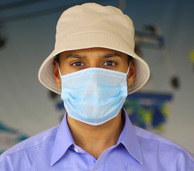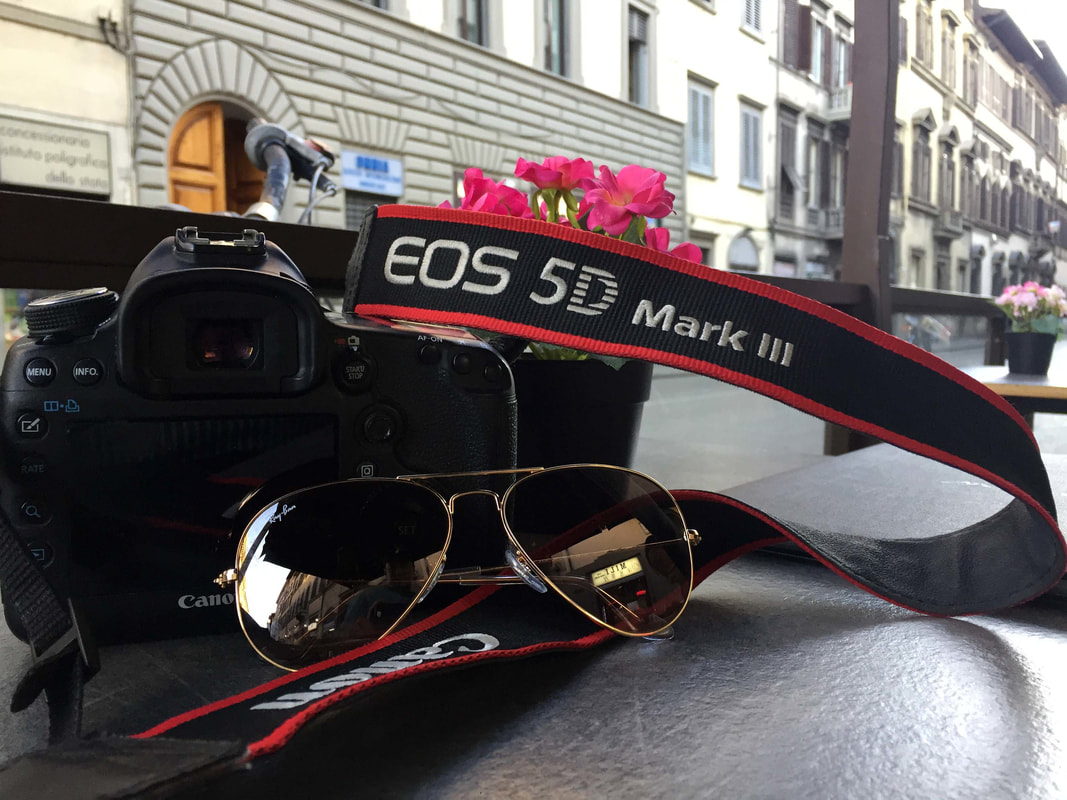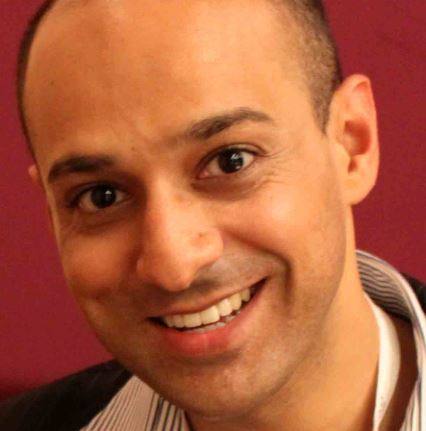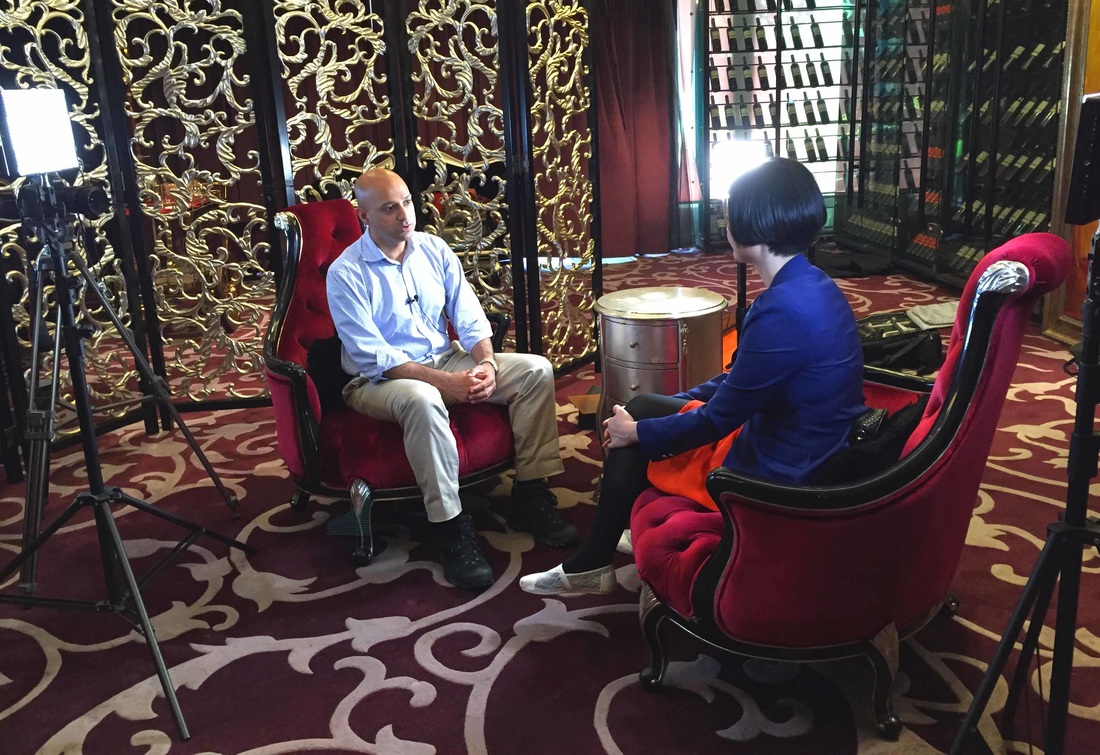|
The last time I visited Suzhou was in 2006, and I only had the chance to see the ancient part of the city for a day's short trip. Life is amazing. When I first came to China in 2003, and even the last time I came to Suzhou in 2006, I never imagined that life would take me to Suzhou again. Nevertheless, here I am living and working in this wonderful city. The vast majority of my time in China has been spent in Shenzhen and Guangzhou (with some pockets of it in Shanghai and Beijing), and I suppose when one is used to travelling so much that it does not matter much where you live. However, on this occasion I did feel sad (even on some days I still do), of leaving Shenzhen and Guangzhou. I miss Guangdong Province (especially Shenzhen and Panyu!!), and felt homesick when I arrived in Shanghai and Suzhou. I have no close friends here, and the people are not as friendly and open to talk to strangers as they are in Shenzhen (this is true of the East Region of China). In addition, there are too many westerners here...it’s not as exotic as the real China down south! Anyways, I must stop complaining and whinging, and enjoy my life in Suzhou!
Suzhou is actually more or less a remote suburb of Shanghai (as most people see it). Indeed being located only 20 minutes away from Shanghai by the CRH high speed rail link, Suzhou is the perfect place to visit for a day's or weekend's break. The city is also gifted with excellent weather all year around with an average temperature of about 20 degrees Celsius (winter low of -2 degrees Celsius, and a summer high of around 30 degrees Celsius), and a perfect relative humidity of around 76%. Though the main source of income for the majority of local Suzhou people As a satellite city of Shanghai, Suzhou has grown in the past 10 years or so to become an industrial hub with many multinationals setting up their manufacturing facilities there due to the low land costs (well, these land costs are on the rise now). For tourists, writers, and photographers, the city is a gem of a place to visit. The city is no stranger to any travel guide, and there are probably a million books and websites paying homage it to it. What does fascinate me is the stark contrast that Suzhou possesses between the ultra modern, clean, and spacious Suzhou Industrial Park (SIP) area, and the old city. The old city is the real Suzhou, and how Suzhou looked hundreds of years ago. It’s full of natural canals, ancient architecture, beautiful natural gardens, and lakes. While the SIP is the opposite. It is dominated with manmade canals, manmade parks, and ultra modern homes. The SIP is the largest cooperation project between the Chinese and the Singaporean Government. It is located around the circumference of the beautiful Jinji Lake, which lies to the east of Suzhou Old city. SIP has a total jurisdiction area of 288 km2, of which, the China-Singapore cooperation area covers 80 km2 with a planned residential population of 1.2 million. This part of Suzhou is home to many Korean, Japanese, British, American, and German expatriates. Big corporations such as Bosch, Honeywell, Samsung, Hitachi, and many others dominate the area. To cater for the education of the growing number of expatriate children, famous international schools have set up lavish campuses in the SIP area. These include such fine establishments as Dulwich College. In fact, the SIP area in Suzhou is perhaps the most modern and cleanest part of China now. Its ultra wide roads, spacious clean parks, and huge shopping malls (Times Square Suzhou) make it a real home away from home for expatriates. Cities such as Suzhou are definitely signify what the future of China may look like. There is one problem though- in the SIP area it is very difficult to get a taxi or a bus after, say, 8pm. It becomes almost like a ghost town. So the best way to travel around is on one of the electric bikes (E-bikes). But the problem with E-bikes is that they don’t make any noise, and with the way people drive erratically in China, it is very easy to get into an accident. The worst-case scenario is at night time when people drive wrongly in the opposite way without any headlights on (because they want to save battery power). People are so used to being struck into an accident that if there is an accident then they don’t show any emotion on the face whatsoever- it’s just a blank look as if nothing has happened. I hope that this transport problem should be resolved by the end of 2011, when two metro lines will open allowing residents to commute safely and quickly across the city. Right, here are some photos that show life in and around Suzhou- the Venice of China! Congratulations to former school mates Nick Easter, and Andrew Sheridan who are playing for England in the current Rugby World Cup 2011 in New Zealand. I remember seeing these guys play for the Dulwich College first XI ... the team was undefeated all season and had a legendary status ... everyone knew that some of them would easily go on to play for the national side. Sheridan, nick named 'Man Mountain', was in the same Geography class as I, and was already 6 foot after his GCSEs! When the opposition came around (especially the likes of strong teams such as Harrow, Eton, Tonbridge, Clifton College and others), no one dared to come anywhere near both of them. As the saying goes that 'in rugby what's on the ground, is the ground!', and both of them made sure that this statement stood strong against any opposition!
While Sheridan injured his shoulder and is no longer playing, Easter, however, continues to lead his team towards the title. England is the current pool-leader and competes next against reigning European Nations Cup champions Georgia on Sunday, September 18. I am sure plenty of cheers would be coming all the way from the Great Hall at Dulwich College, London. 10 years on, and the memories of that terrible day are still fresh as ever in my mind. Here in Suzhou (China), we (a few of my American colleagues, friends, and I) observed a one-minute silence in respect of all those innocent victims who lost their lives. Here in China, it was somewhat of a bad timing for the 10th anniversary of the 9/11 event because today (9/12/2011) is the official Mid-Autumn Festival. The vast majority of the population in China is not aware of what 9/11 means, and when the attacks actually happened in 2001, there were mixed feelings among many Chinese people. The general reaction that comes across from many Chinese people is like 'oh, this is America's problem, nothing for China to worry about', or 'China does not have any presence in Afghanistan or Iraq, so we don’t need to worry any such attacks here'. The vast majority of the population still has this belief. For local Chinese people, there is a sense of confusion and sympathy when it comes to this subject.
Nevertheless, for me personally 9/11 has changed a few things in my life, whether it is for the good or worse, that is something only fate will tell me. As I have explained in my profile that I wanted to be an airline pilot in my youth, and just when the airline industry was booming in the early 21st century, then these attacks happened. Right after the attacks happened, most western airlines (like British Airways, American Airlines, and others) started losing revenue, and oil prices soared to a high. Many other airlines even went bankrupt (Ansett Australia, Sabena, Swiss Air, VARIG Brazilian, VIAZA Venezuela, Olympic Airways, AOM, and many others). With all of this chaos in the airline industry, my childhood dream of becoming an airline pilot also died. It took me some time to come to terms with this fact, but there was a point when I had just up regretting this and just moved on in life. Then there were the stories of some of my friends who had Arabic names, and even though they had a fully qualified Airline Transport Pilots License (ATPL), but still they were denied any job opportunities because of their name (even though they were American or British born). I recall speaking to a mate of mine who was a fully qualified airline pilot (flew the Boeing 737-300), but could not get a job and was constantly stopped by airport security. He had the final straw when airport security confiscated his pilot’s flight case. Understandably, in a very emotional state, he told me that he had given up his career as an airline pilot. Perhaps no other industry was as immediately affected by the devastating events of September 11th as the airline industry. Apart from the passengers and airline crews who lost their lives on that day many airlines simply shut down. Of those that managed through the crisis-filled days and months that followed, tens of thousands of airline employees lost their jobs. Most airlines immediately put a stop to their sponsored cadet pilot scheme because of this. When the attacks happened, I was a 22-year-old student in London, and at that exact moment, I was in Kingston, London (U.K.), working as an intern with the retailer TJMaxx. It was a beautiful sunny afternoon with clear blue skies, and I had just finished my lunch. Then suddenly my manager turned into the staff room and said: 'Oh, we just heard that two fighter planes have crashed into the World Trade Centres in New York'. The details were very sketchy at that moment. It only started to become apparent in the late afternoon and evening when I got home and watched the news. The saddest (and scariest) feeling I got when I saw that plane American Airlines Boeing 767 aircraft smash right into the tower. It seemed so unreal and inhuman. Buildings, resources, and planes can be rebuilt after a time, but PEOPLE cannot be replaced. My instant feeling was 'what idiot wants to do that?'. A passenger plane is not meant to be a missile or a weapon, and to use a beautiful thing such as a plane to kill innocent people is just evil and ridiculously inhuman. There was a strong sense of sadness, anger, confusion, and sheer fear in my mind on that day. I do remember seeing a few changes in London immediately after the attacks happened. The most apparent one was that there were no planes seen over the capital. The London airspace was completely empty. It felt very surreal because the skies over London are usually noisy and filled with many planes waiting to land at Heathrow Airport (there are four holding points: Biggin Hill, Lambourne, Bovingdon, and Ockham). At peak time in the evenings, it is common to see at least 30 aircraft in the London sky, twinkling as if they are little stars at night- all waiting in turn to land at Heathrow (or Gatwick, London City, Stansted, or Luton). As I listened to the Air Traffic Control (ATC) on my VHF radio, all I heard was planes being re-directed back to their points of origin, or being diverted to airfields in safer places such as Ireland, Birmingham, Manchester, or Scotland. Flights at Heathrow and Gatwick that were due to depart were cancelled at the last minute and planes return to the terminals. Indeed what a crazy day it was. I have never had the chance to go to the U.S.A, and I hope one day I can go to New York to pay homage to the site, and respects to those victims who lost their lives where once those iconic towers stood in tact. 9/11 was definitely a day that changed the world over, and we can only hope that with such harsh times in life, future humankind never experiences anything like this atrocity ever again. May god bless all those innocent souls that lost their lives on this day 10 years ago. Amen. When I was first informed that I would be going to review a boutique hotel in Shanghai, I wasn’t quite sure what to expect. The general perception in China is such that if you are not a 5-star international brand hotel then there are going to be some suspicions on your hotels effectiveness. I asked around a few friends of mine in Shanghai’s 5-star hotel PR circle about the Mansion Boutique hotel in Shanghai, and they seemed to be at a loss as to its knowledge. So when I actually arrived at the posh looking 25- seat lobby lounge, it somewhat changed my perception of the hotel’s image into becoming a positive one. Maybe I did not know the Chinese name of the hotel, by which it’s normally known locally. Located minutes away from Shaanxi Nan Lu metro station (Line 1) in a quiet and historical surroundings of the French Concession, and originally designed by a French architect Lafayette in 1932, Mansion Boutique Hotel Shanghai is the actually China's first deluxe boutique hotel. The hotel building was originally built as the clubhouse of Du Yue-Sheng, China's most powerful syndicate boss (i.e. a mafia gangster), but is now owned by the Hua Dian Hotel (Shanghai) Company, an affiliate company of the Boutique Hotel Investment Group (BHI). First impressions were that it’s nostalgic, very quiet, well placed, and in a very affluent Shanghai suburb. That air of romance, elegance, and peace projected the moment I stepped into the courtyard. I felt as if I was entering a rich Shanghai 1930s home of a rich Jewish family. With its rich historical legacy, the Mansion Boutique Hotel Shanghai captures the spirit of yesteryears Shanghai, a period when this beautiful city was considered the ‘Paris of the Orient'. Even today when the city is dubbed by some as the ‘New York of the East’, the hotel has that air of strong historical jest to its ambiance. The design and period architecture of the hotel reflects the graced bygone era with its graceful blend of classic French and Asian tastes. Interior is designed to capture the culture, modern ambiance and elegance altogether. With 30 enormous elegantly decorated guest rooms each with its own individual design and layout, the Mansion Boutique Hotel Shanghai offers its guests individual attention. All rooms have a ceiling of 5 meters, with most rooms being 60 square meters, and suites vary from 100 to 140 square meters. Sized is not everything when it comes to boutique hotels, and the real experience is measured by the experience of the guest. The quality if that of a 5-star hotel, and all the products are branded by the hotel itself. 1930s style Chinese music is heard being played at low volume on the speaker system that again gives it the nostalgic feel. The rooms include deluxe king size beds, armchairs with ottomans, business desks complete with 3 in 1 printer, fax and scanner and wireless high-speed Internet access (all complimentary). As far as boutique hotels go, Mansion Hotel Shanghai is something very unusual. Normally I would not use that word to describe a hotel straight away. That air of romance, silence, and affluent 1930s Shanghai feeling looms in all quarters across of the hotel. However, blended in well with that traditional service is modernity, consider having a with Japanese-style heated electronic toilet seat which may come very handy for those cold harsh Shanghai winter nights. It’s difficult to get rid of the smell of rich oak wood that embeds itself in your nose once you enter the rooms. The bottom line is that the hotel makes you feel like you have gone back to the 1930s of Shanghai but there are small touches of modernity inside that remind you that you are in the 21st century Shanghai. For the guests entertainment the rooms have stereo CD/Radio systems and 42" Panasonic HD flat screen televisions with cable system offering over 60 channels. Bathrooms have marble floors and countertops with separate Jacuzzi baths and high-pressure full body showers. Bathroom scales, hair dryers, makeup mirrors, bathrobes and slippers are included as well as bathroom amenities by Lanvin. Therefore, overall it does have the true 5-star touch to it except that it’s probably a good idea to go here for your honeymoon or a holiday with your loved one rather than on business. The place feels too romantic and intimate for a business setting. I reckon you would find it hard to focus on your work if you were here for business because the ambiance is so mesmerizing. The hotel features a traditional styled gourmet Chinese restaurant serving the finest seafood the city can offer. A rooftop restaurant/lounge with terrace overlooks the French Concession district, and a slight glimpse of the city’s skyline looms on the distance. Though the chefs may need to work a bit more on providing an authentic western breakfast, it does however provide the essentials using very basic ingredients that they have. The service is equally adequate too, and has plenty of room for improvement. I had asked for tomato sauce, and it arrived by the time I had finished my slightly warm omelette and Chinese style pork sausages. On the other hand the Western restaurant on the 5th floor portrays a different image altogether. The surprisingly quiet restaurant is headed by the talented Chef Albert Jao who provides such delights as ‘scallops with sweet corn, chilli salsa- beetroot, and mash puree’; and ‘Italian sea bass and carrot with Chinese herbs, lemon cream sauce, and spinach’. With stunning views, lovely ambiance and a delightful staff you’ll be left completely gobsmacked by the magic of the dishes. On top of all this, the hotel also boats to have the best Cantonese cuisine restaurant in the city. At comparatively reasonably priced room rates, the Mansion Boutique Hotel Shanghai is the perfect alternative to those want to experience living in the old Shanghai. Penthouse Rooftop RestaurantLocated on the 5th floor of the Mansion Hotel Shanghai, the Penthouse restaurant strives to offer one of the finest western cuisine hotbeds in town. The restaurant is sometimes referred to as just the ‘Rooftop Restaurant’, or sometimes as the ‘Mansion Skyline Bar’. The Mansion Hotel Shanghai was built in 1932 as a quaint French garden house with a Chinese courtyard. With over 300 pieces of artworks, the hotel brings along lovely memories and an experience to cherish of what life was like in 1930s Shanghai. The restaurant, which was during my visit quiet as my local graveyard in London, is not only used by tourists, but apparently is a beehive for corporate clients who want to have their board lunches here. With seating for upto 105 people, the archaic design and the colonial architecture appeal in laid-back French Concession appeal to many white-collars in the city.
For starters, this was a meeting of Chef Albert Jao whose talents extend beyond the walls of the city. It looks as if he might be a bit of a star when he brings out the best of the ingredients he was using. Being a one-man band that looks after the running of the restaurant day in, day out he told me that he was actually exhausted as he was working since 4am to prepare for a corporate breakfast. He knows what he's doing. Ok I’m gushing I hear you say, but hey, I am a huge fan of eating fine meals in a typically local Shanghainese setting. To be honest I must say that the Penthouse Restaurant is really an astonishing place (it really is). This hulking colonial Shanghai building, squats in its neglected floors like a setting from some old Shanghai black and white movie. I mean, there you are sitting on your own having a nice meal while mesmerizing the beauty of this city that is growing at a dizzying pace- so where are the culinary jewels which I came here to taste? The killer dish is a starter of ‘pumpkin puree with clam and cheddar’. The smoothness of herb paired with clean-tasting, juicy and fresh clams, the thick creaminess of the pumpkin and the savoured addition of a French bread piece is novel for the taste buds. As far as decorative pieces of art go when it comes to presenting the finest of foods, then the next dish is something to savour for. The ‘scallops with sweet corn and chilli salsa- beetroot and mash puree’ are a delight not only for the eye but for the heart too. The fruitiness of the beetroot (which is rare to find in China) goes well with the humbleness of the sweet corn and the scallops. For the seafood, the chef recommended a sweet tasting white wine: 2010 Valle Andino Cabernet Sauvignon (Chile, Central Valley, Maule Valley, Valle del Maule). With the exception of perhaps the bland breadbasket, every dish that I tried, including the ‘sea bass and carrot, Chinese herbs, lemon cream sauce and spinach’, is as exhilarating as the setting. However, the real test came when it was the turn to present the ‘saffron residue, beef steak with cherry tomatoes, and asparagus’. While the choice of the wine to go with the beefsteak was excellent (Bordeaux Le Chapelier A.O.C), the actual quality of the beefsteak could have been had a bit more homework done to it. The truth is that Penthouse felt like the kind of place I might go if I wanted a memento souvenir, by which I mean a memory of the greatest steak experiences I have had in China and elsewhere across far away horizons. Overall, it was an OK experience. On those thoughts, I will bow away by saying that the Penthouse is never going to be everyone's cup of tea: too quiet and hard-nosed. However, the food will be the thing that will cheer you up. It will provide an escape for you to get away from comments regarding the usual banter of what Western food should be like in China. It is cool, arty, flamboyant, and the presentation of the food certainly shimmers with jittery romance. Hmmm...I am wondering as to where shall I begin with when it comes to reviewing yet another Ritz-Carlton property. In fact, this is only the 8th Ritz-Carlton property I have reviewed, and there are still a further 67 properties that I need to review worldwide (not sure when I’ll manage to do that!). One thing I can comment on is that even though the true Ritz-Carlton ethos of excellent ‘customer comes first’ mentality is evident in all the properties, every single one is unique in its own way. So therefore, even if you have two Ritz-Carlton properties in one city, as is the case here in Shanghai, they are both bound to be different in terms of the interior ambiance.
Indeed as mentioned, Shanghai is gifted with two Ritz-Carlton properties. The Ritz-Carlton Shanghai, Pudong, and The Portman Ritz-Carlton, Shanghai. So what’s the difference between the two? Well, apart from the difference in location (the former is located in the ‘Manhattan’ equivalent of Shanghai along with all the other financial corporations surrounding its lavish building, while the latter is located in downtown Shanghai), the main difference is that The Portman Ritz-Carlton, Shanghai tends to cater more for government officials and diplomats, while The Ritz-Carlton, Shanghai tends to attract Shanghai’s money crazed super rich, or the city yuppies that work in Pudong. Opened in 1998, and refurbished in 2003, The Portman Ritz-Carlton, Shanghai stands tall and proud right in the heart of Shanghai’s most happening place, and the world’s busiest street, Nanjing Xi Lu (which leads to Nanjing Dong Lu). The 50-story building in its trademark white colour scheme is hugged by two adjoining building that contain a myriad of premier shopping outlets (don’t be shocked to see a few Chinese- registered Lamborghinis parked outside!). And its not all modern glamour that adorns the hotels’ surroundings as within a few minutes of walking distance there are a few historical gems lurking around, such as the Jing An Temple (Golden Temple) and People’s Square as well. The Portman Ritz-Carlton, Shanghai experience begins not from the lobby but from the airport or train station where you’ll be picked up in one of the Wi-Fi enabled chauffeur driven cars. All the Ritz-Carlton cars are equipped with bottled weather, leather seats, plenty of magazines and newspapers and a bi-lingual Chinese-English speaking driver (the latter is very important in a city such as Shanghai because of the lack of English spoken in Shanghai). Upon arriving at the hotel, the first thing that strikes you is a bellboy who projects a greeting in perfect English: ‘Good morning/afternoon, welcome to the Portman Ritz-Carlton, Shanghai, please allow me to take your luggage, Sir/Madam’. For those guests that have made the journey straight from the airport, and are coming to Shanghai for the first time, this would be a perfect welcome to the ‘Paris of the East’! The second thing that strikes the visitor is the ultra chic lobby, which includes a beautiful old university style library, leather sofas with rich fabric, and a piano. VIP guests and those guests that are residing in one of the Suites or the Club Floor rooms don’t need to check-in at the lobby, but are rather whisked straight to the quieter Club Lounge at the 43rd floor to have an express check-in (or check-out). The Portman Ritz-Carlton, Shanghai is also flagged as having a more flamboyant and nostalgic ambiance to it plush surroundings. With its 610-well appointed guestrooms and suites, it’s one of the preferred choices of residences in Shanghai by visiting government officials because of the excellent security it provides. It’s also a favourite of many American Presidents that have stayed here, including George W. Bush, Bill Clinton, and Barack Obama. I fondly recall one of my mates telling me that he happened to bump into Mr. Clinton at the hotel’s well-equipped gym. I am not sure if Mr. Clinton tried the highly useful and exceptionally flexible ‘Power Plate’. This rather boring looking piece of equipment will no doubt surprise the most athletic of us humans. As simple as it looks, but apparently one can make use of it in at least fifty different ways including as a stomach churning vibrator, a muscle enhancer, a yoga assistant and much more. If that’s not enough then burn those much wasted calories in the Squash and tennis courts (now, this sport is very popular among Presidents!). Even though the hotel does not have an in-house Spa, the guests can still choose to have a signature Ritz-Carlton massage in the privacy of their rooms or at the hotel’s health club located on the 7th floor, which is, one of the city’s largest. Guests can choose a few therapy options including Chinese, Japanese, and Swedish. Normally I tend to have a massage at the Spa area, but because The Portman Ritz-Carlton, Shanghai, offers the massage in-room, so I went for that option. It was my first time I’ve had an in-room massage, and I must say that it was actually a very relaxing experience to have a massage on your bed- I went to sleep within minutes. Well who wouldn’t, especially when you are lying on a sealy bed with 300-thread count bed linen, down feather pillows and throws. Its so easy to float your mind into your dreams when your head and body rests on such sheer comfort. It’s truly a world away from the hustle and bustle of downtown Shanghai. Impossibly clean and modern in look and feel, all of the guestrooms and suites are designed with traditional Asian fashion with a modern flair. Exclusively Luzerne provides in-room cutlery and bone china, while the bathroom amenities in the Club floor rooms and Suites is provides by the designer Italian brand, Acqua Di Parma. Contemporary Chinese paintings adorn the walls, as well as the rosewood furniture, which forms most part of the amenities, including rosewood sliding doors. For the business minded individuals, keep in touch with the world through 3G and Wi-Fi internet throughout the hotel, as well as cable TV (provided by 32-inch TVs in guestrooms). In-room i-Pod docking stations are also provided. The highlight of the hotel has to be its seven eateries, which include a variety of dining options including Western, Italian, Japanese and, of course, authentic Chinese cuisine. Confusing for some guests as it may be, but some of the restaurants, such as Palladio (Italian) and Tables (Western) are located outside of the main hotel building just near the lobby entrance so guests may think they are not part of the hotel but, of course, they are. The chef de cuisines at all the restaurants are highly experienced, and can magically create a dish upon the customers’ request. So if there is something that does tickle your fancy, just ask them to surprise you with the dish! Not only that, but there are plenty of Shanghainese petit fours that you can nibble onto, or a drink of a Chinese herbal drink. Despite the dizzying pace at which Shanghai is growing with multiple loads of new buildings cropping up all the time, I am sure the hotel will continue to be one of the iconic buildings in Shanghai for many years to come. The Ritz-Carlton brand stands for a real luxurious experience and one that is just unmatchable by no other. In saying this it is quite right to conclude that The Portman Ritz-Carlton, Shanghai really stands by the words of being a ‘timeless symbol of luxury and beauty. |
Get in Touch:LIFE MATTERSHere I share my thoughts
and experiences during my travels, and how some things have affected my life as an expat and world traveller. Travelling is about capturing that moment in life. Every word, view and opinion on this page is that of Navjot Singh - except where indicated. The most recent is at the top. Scroll down to read the archive. Or search using CTRL+F (COMMAND + F) and enter a keyword to search the page. Just some of the stories you never heard before. The NAVJOT-SINGH.COM web blog is separate to this web site....Click blog, which may not be visible in some countries due to local firewall restrictions, so in those cases this weblog may be read. The weblog also includes some of my press trip reports- most of which are not published on the official blog because of copyright issues. The weblog also contains articles that may be associated directly with a PR trip for a country, airline or a hotel. These are PR reviews done in relations with various companies. If you are an investor or a trend watcher then you may find this website useful as investing has a lot to do with personal observations and finding the ideal trend or next big thing. The average human on the street frequently knows far more about the state of the economy than politicians, university professors, subject matter experts, and financial analysts who seldom travel, or if they do so, only from one hotel to another hotel! The pulse and vibrancy of an economy is nowhere more visible than on a country's streets. All photos and words are © Navjot Singh unless stated. Photos taken by others or by agencies are appropriately copyrighted under the respective name. No photo or word/s may be taken without the prior written permission by the author (i.e. Navjot Singh). All Rights Reserved. Archives
April 2024
Categories
All
|
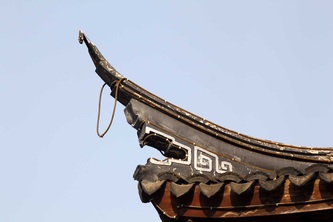
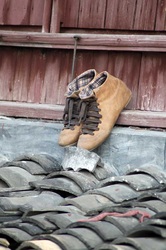

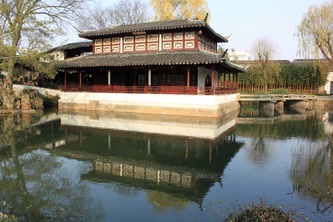
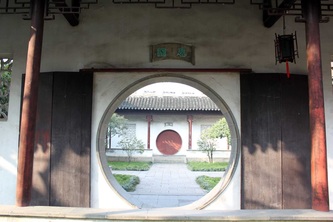
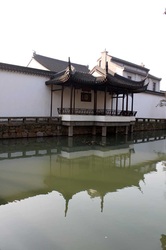
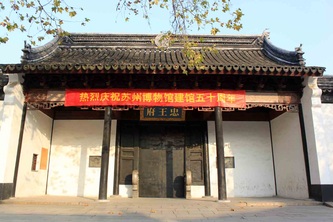
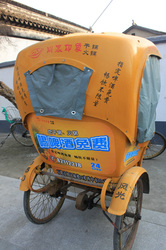
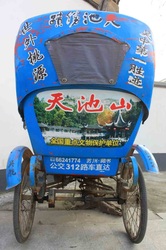
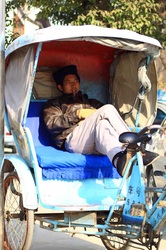
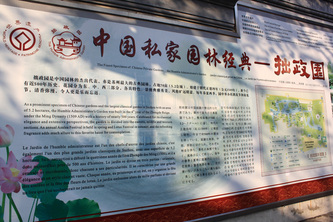
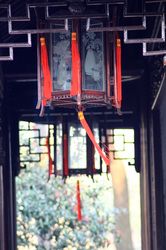
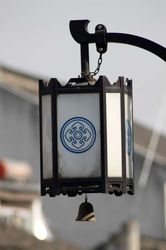
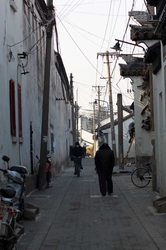
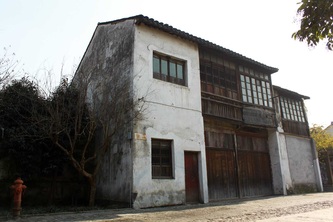
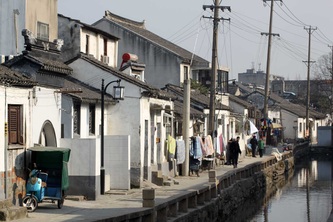
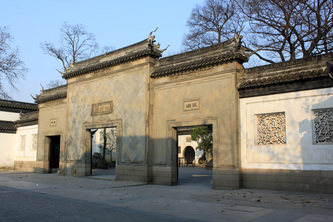
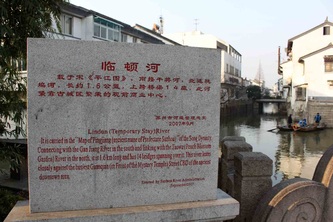
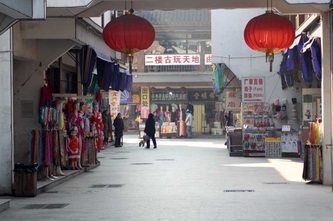
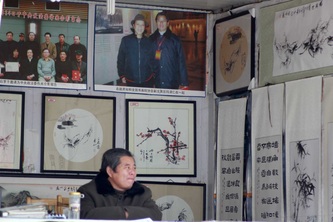
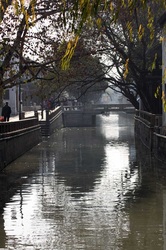
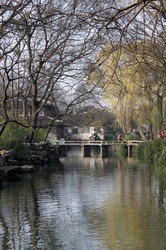
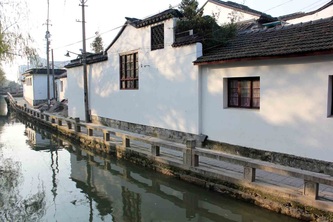
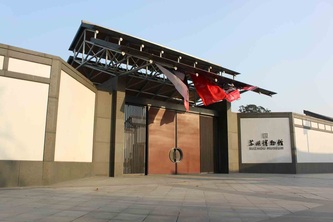
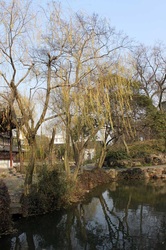
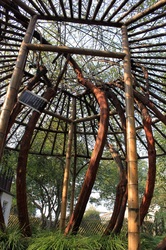
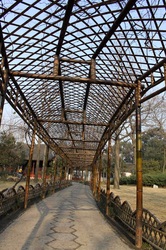
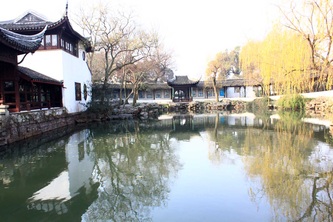
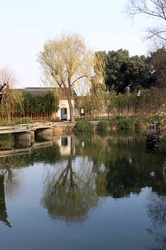
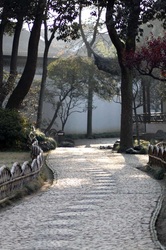
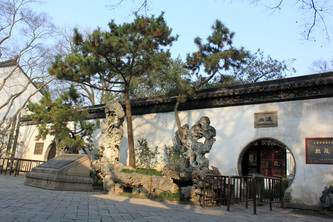
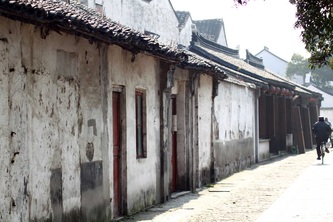
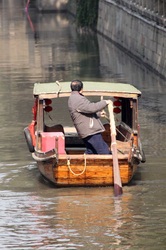
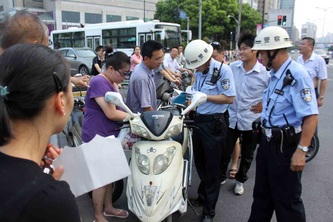
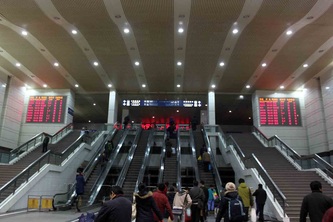
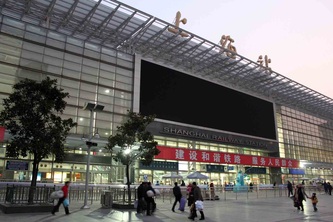
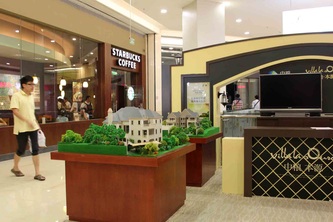
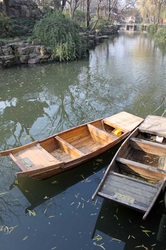
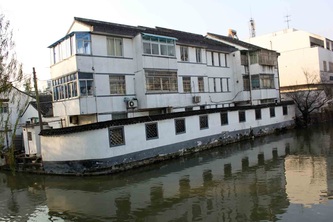
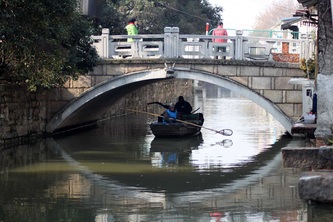
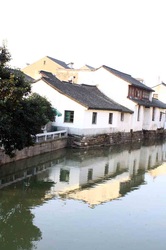
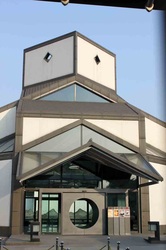
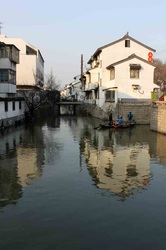
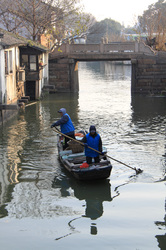
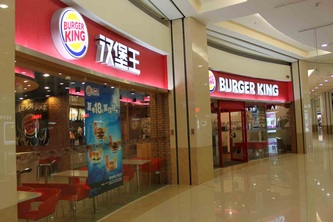
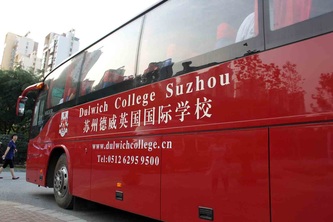

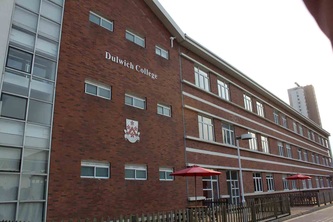
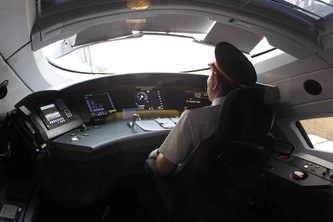
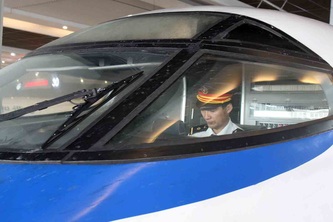
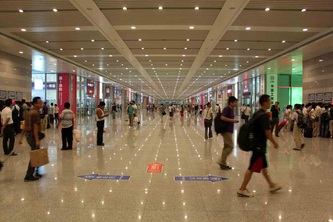
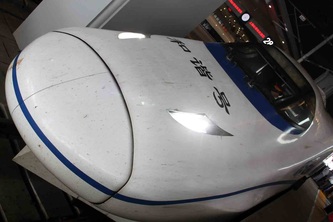
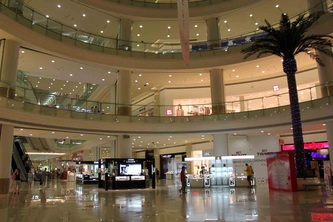
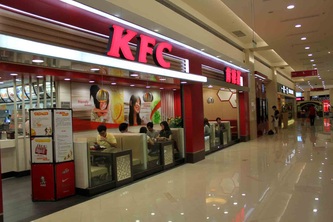

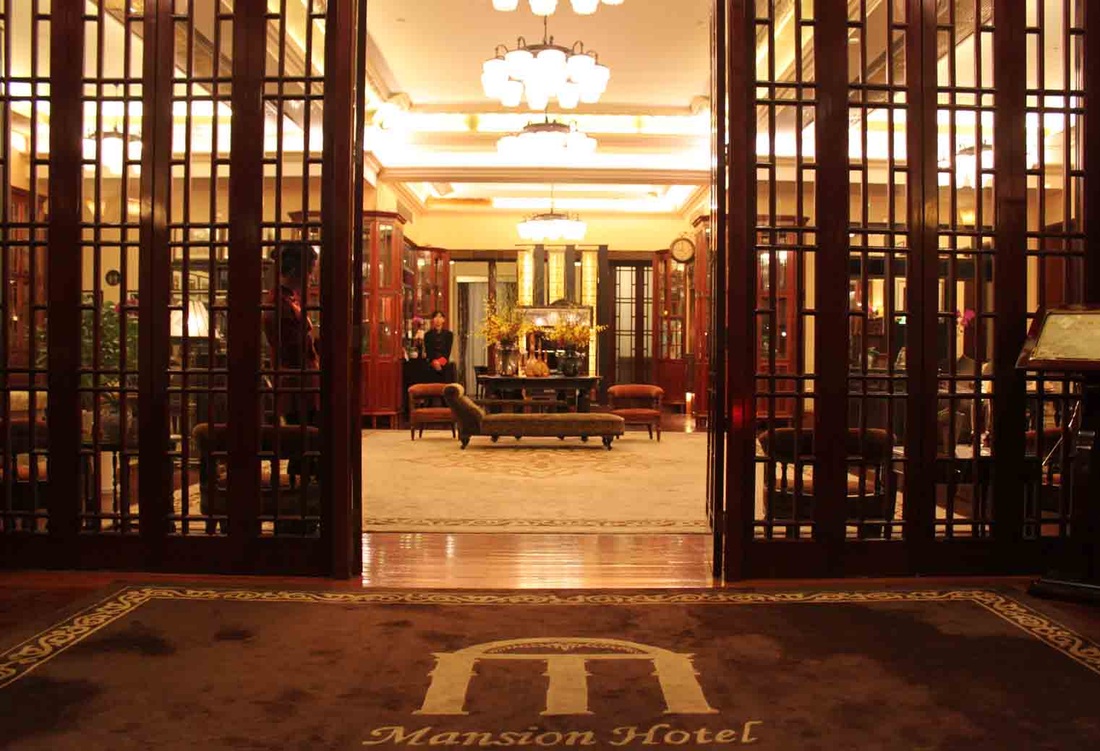
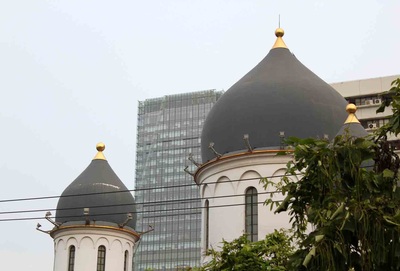
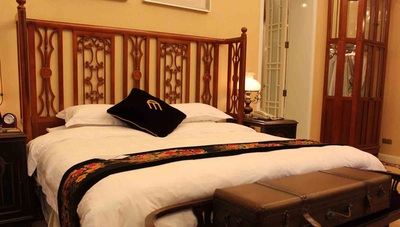
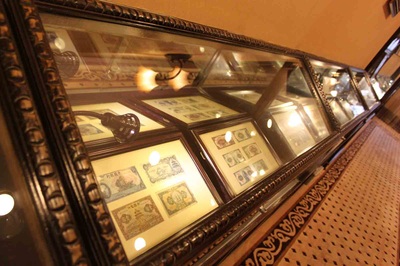
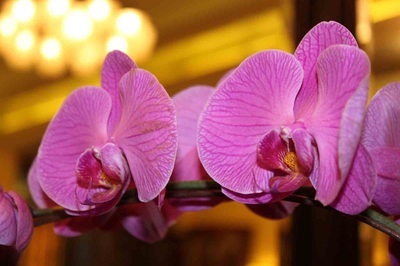
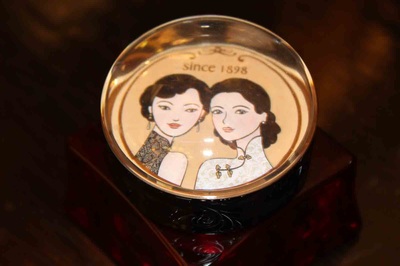
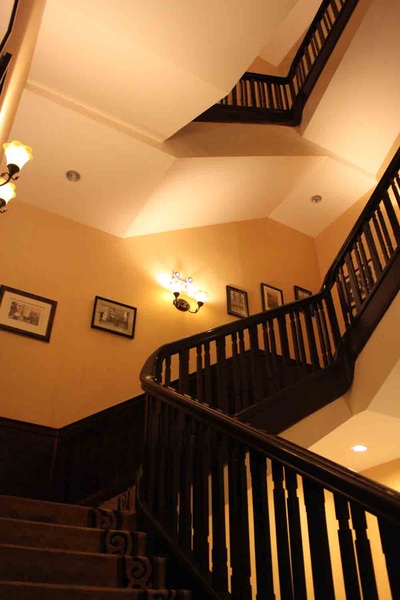
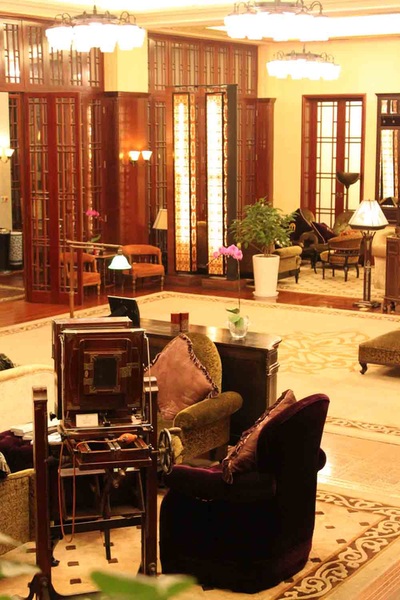
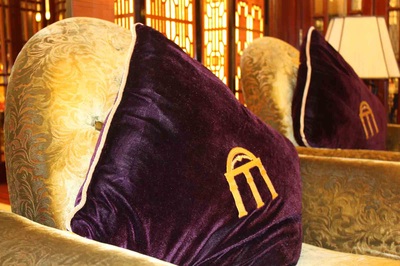
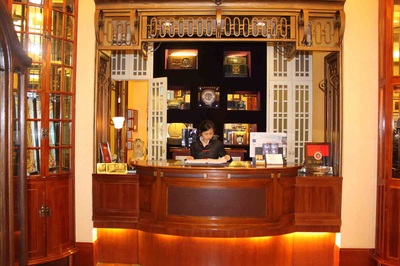
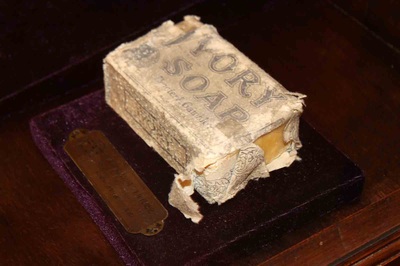
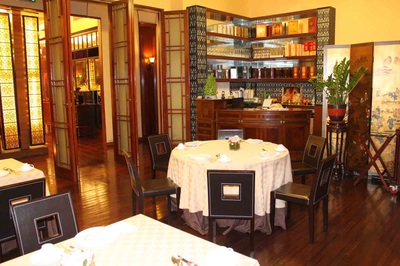
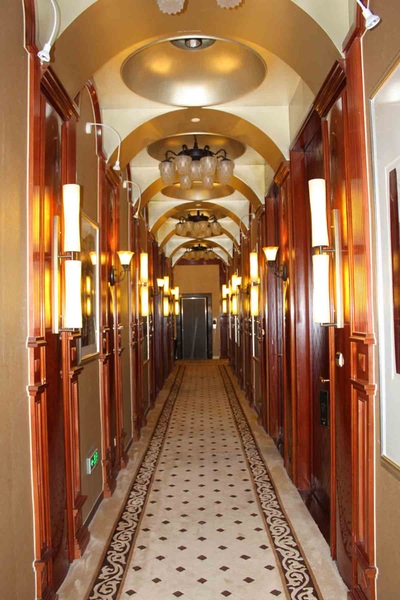
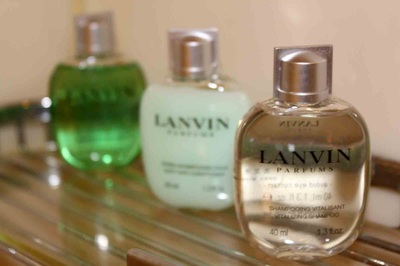
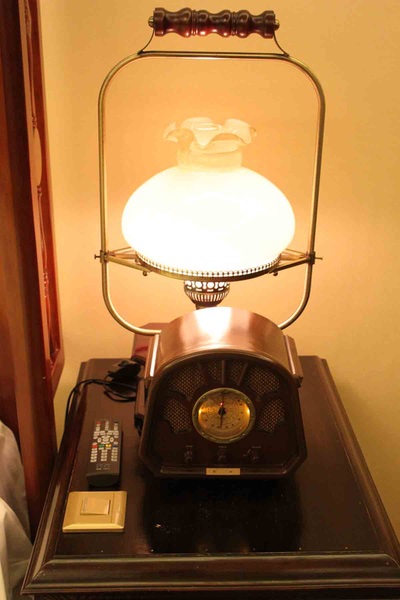
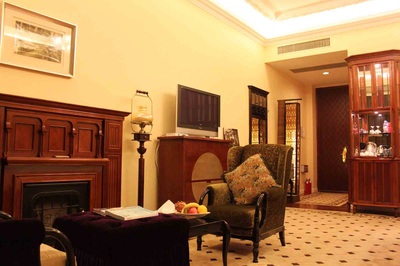
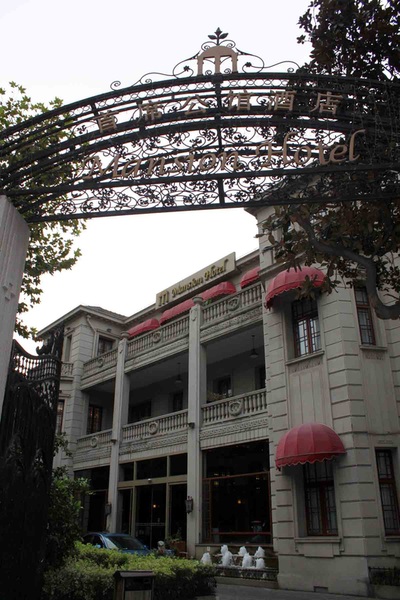
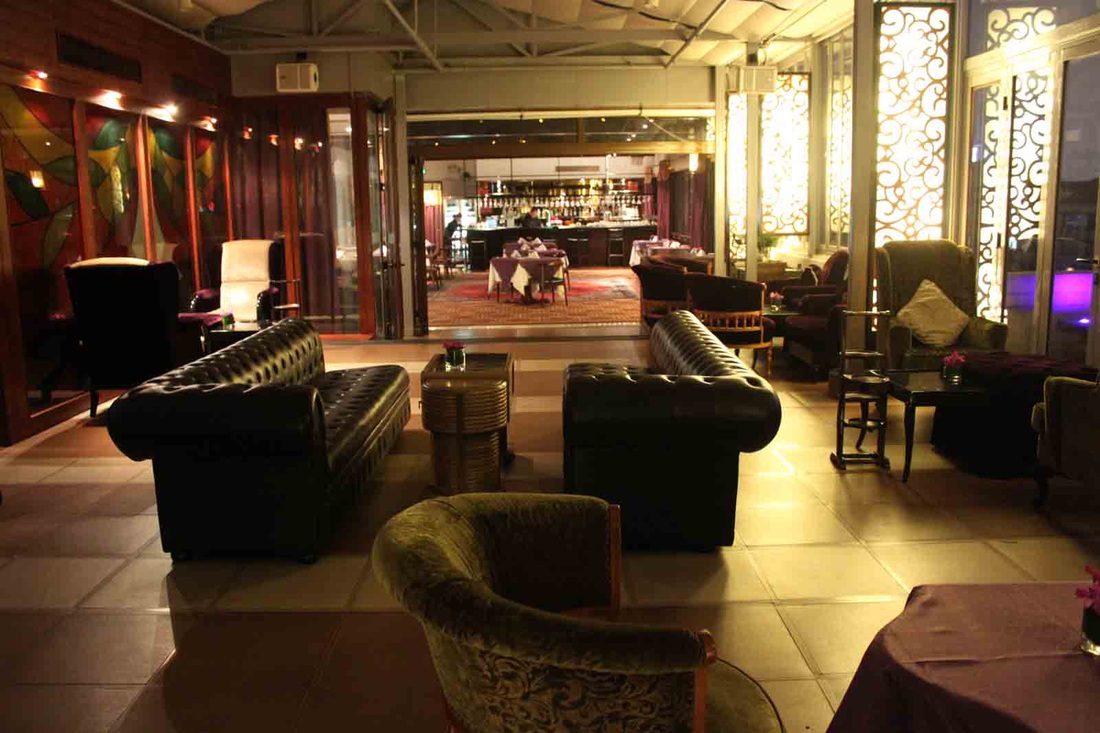
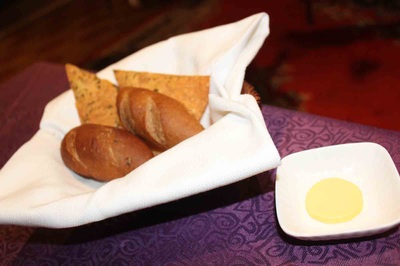
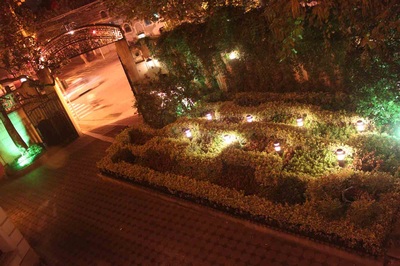
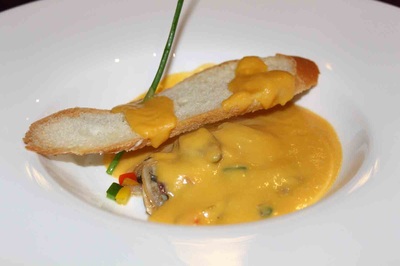
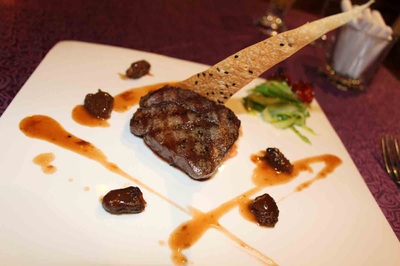
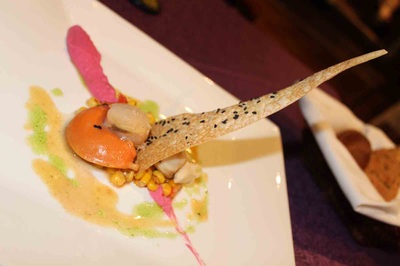
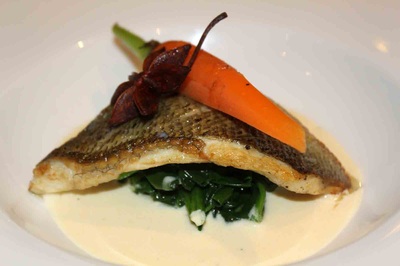
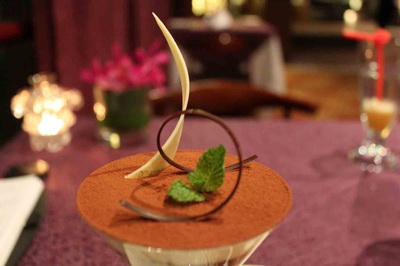
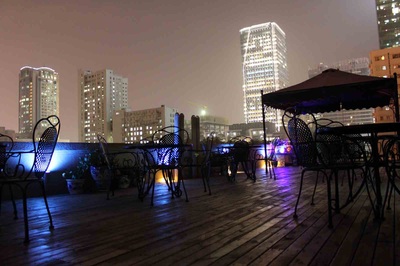
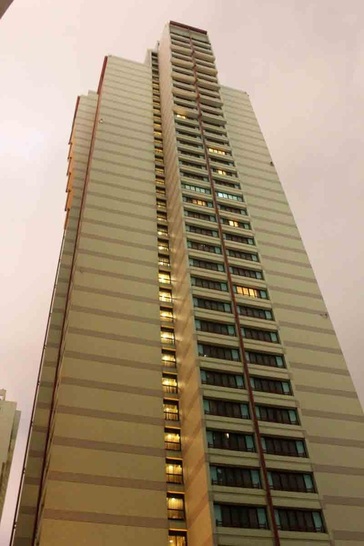
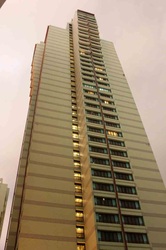
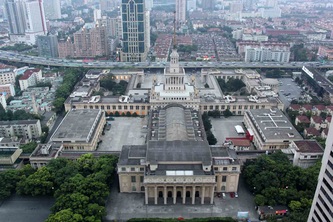
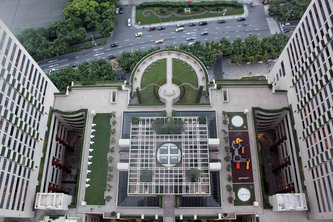
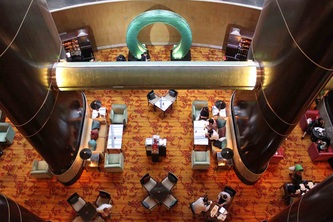
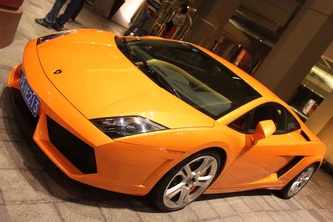
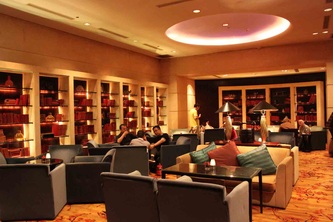
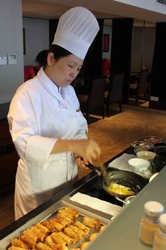
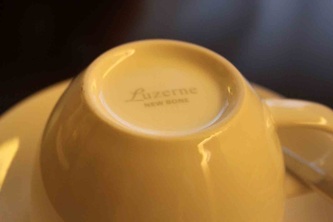
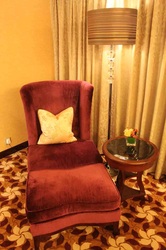
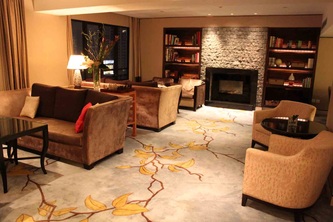
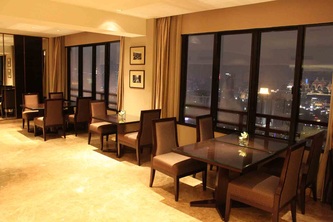
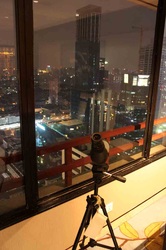
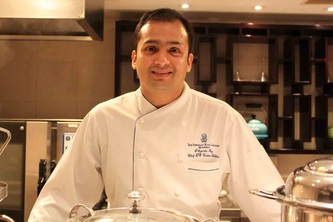
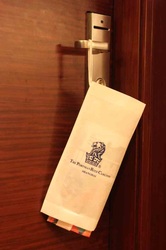
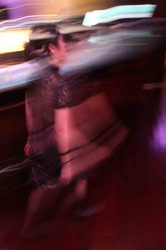
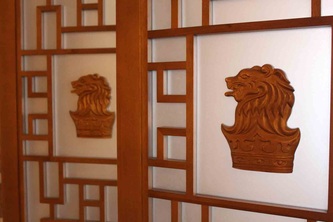
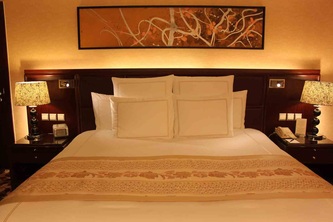
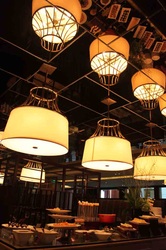
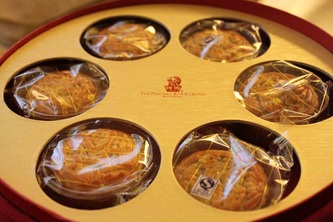
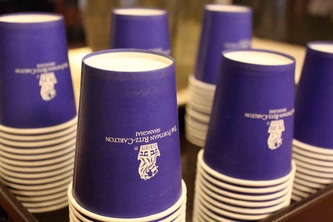
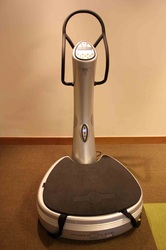
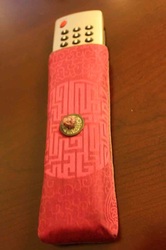
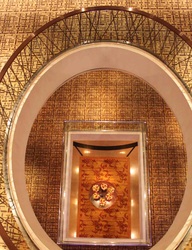
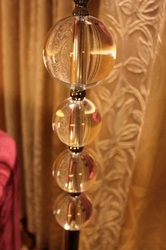

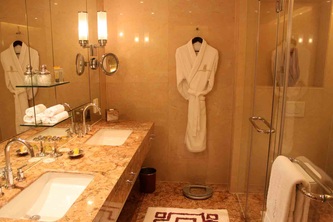
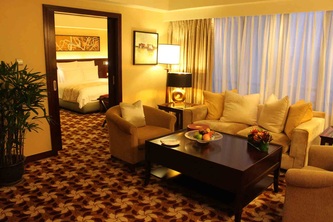
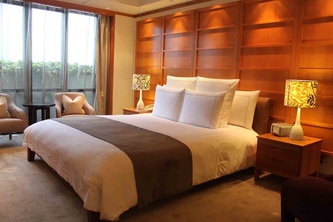
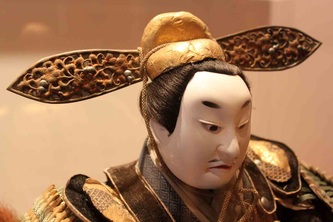
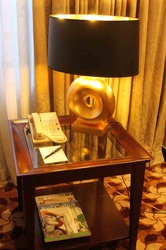
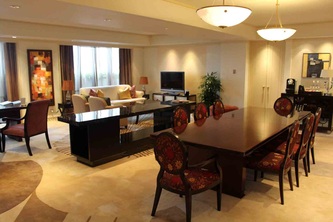
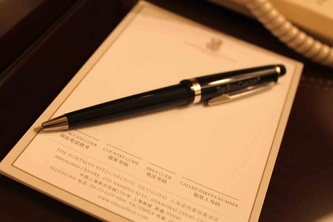
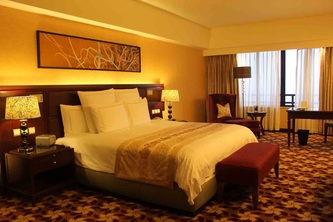
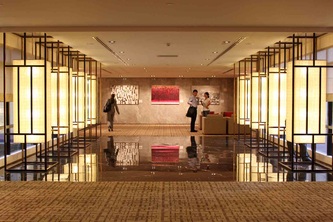
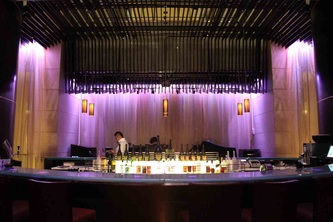
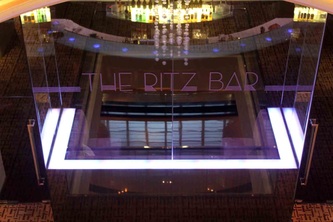
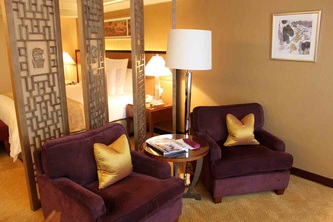
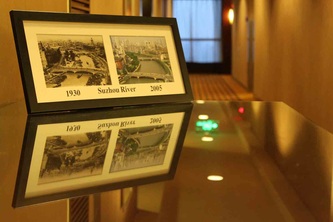
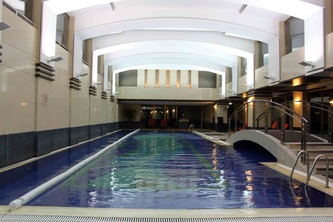
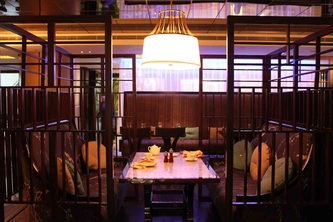
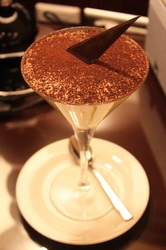
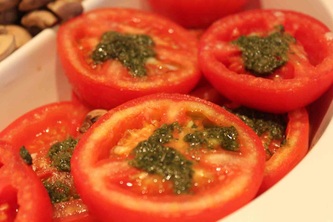
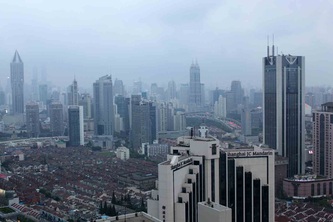
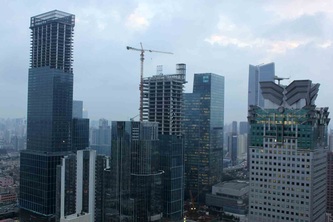
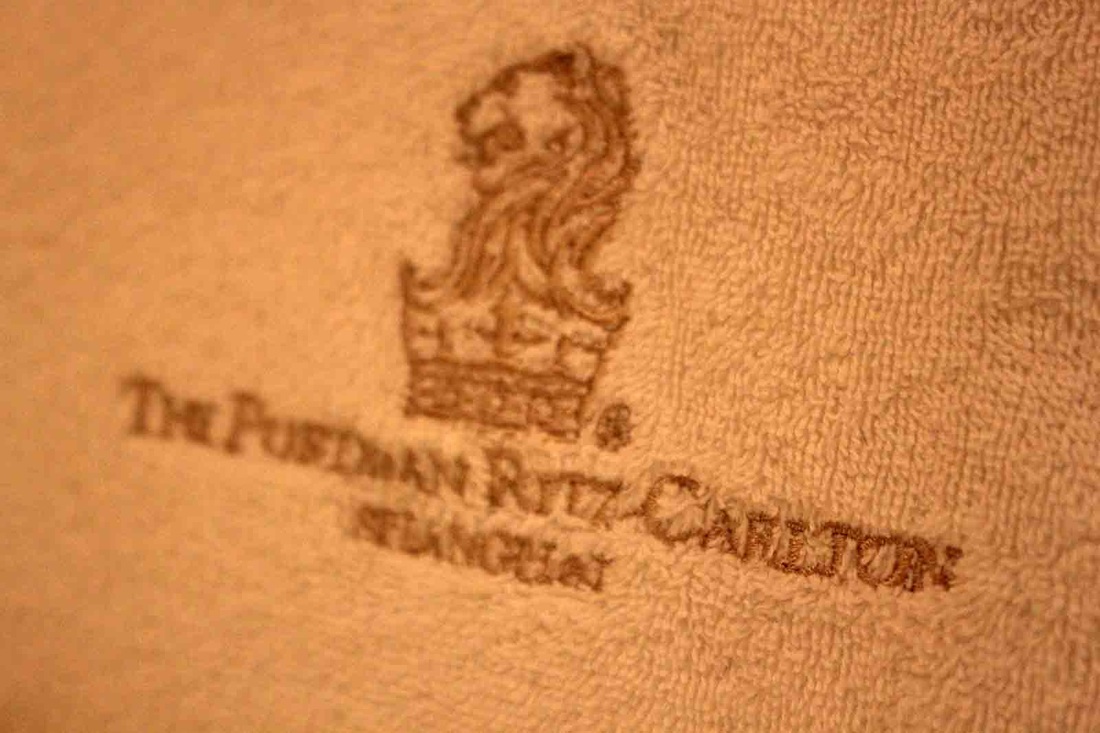
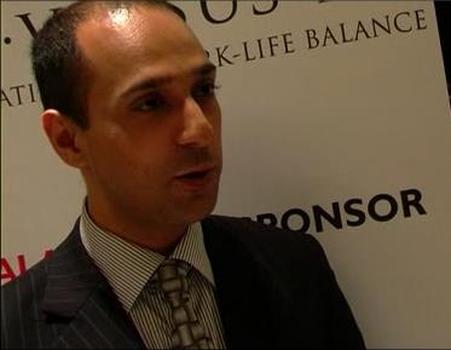
 RSS Feed
RSS Feed
